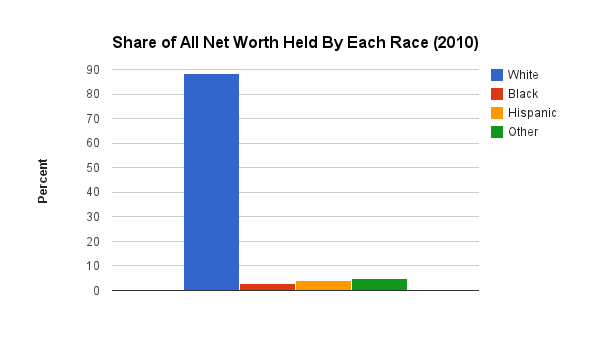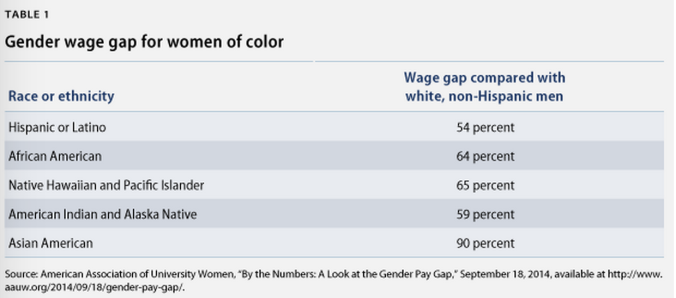The focus of Bernie Sanders’ campaign is unequivocally economic inequality. On his website he notes that “there is something profoundly wrong when the top one-tenth of one percent owns almost as much wealth as the bottom 90 percent.” Bernie is choosing to be in the vanguard and take a stand against corporate greed and the 1%. This is especially notable given the recent Citizens United v. Federal Election Commission decision by SCOTUS that deemed corporate spending on political campaigns to be a form of protected speech under the First Amendment. Bernie Sanders knows that the 1% have the power in this country and will do everything in their power to stop his ascension but he’s going to try anyways. Good for him. We need more people like Bernie in this country.
Bernie Sanders is the only presidential candidate to not have a Super PAC, i.e. a political committee that gives anonymous and unlimited financial contributions to candidates. Bernie believes that corporations have too much of a say in the contemporary political process. That he has actively refused to have a Super PAC is a testament to this belief. He believes that a campaign should win because of its strength on the issues, not the strength of its pocketbook. For this strategy to be successful, Bernie must energize the disenfranchised middle and lower classes. He has been somewhat successful in this regard and support for him is as high as it has ever been.
Bernie’s surge of support has however been limited to the White demographic. This should not come as entirely surprising. Bernie comes from a state that is 94% White. “White people appeal” is something Bernie Sanders is intimately familiar with and has garnered his entire political career. To win a presidential election however, Bernie must learn to appeal to minority voters – and initial results are not promising. In the crucial third primary state of South California, a state where the majority of democratic voters are Black, Bernie only has the support of 11% of the Black Americans. Clinton on the other hand is polling at 86% with Black South Carolinians. If Sanders doesn’t do something to change his appeal to minority voters, there is no way he will win the democratic nomination.
The most popular explanation given for Sanders’ lack of support among nonwhite democratic voters is that minorities are unfamiliar with him and his stance on the issues. The logic is that since Bernie’s primary goal is to remedy income inequality, and because minorities in this country are much worse off financially than Whites, Sanders should be able to easily win over minority voters. Since he has not, they must not know who he is.
 There are multiple things that are wrong with this explanation. First and foremost, it may not actually be true. Black democrats watched the debates at a rate higher than every other demographic group. Another thing I find troubling about the explanation is it is grounded in Whiteness and victim blaming. It suggests that minorities are not aware enough to even know what is in their own best interest but Whites are.
There are multiple things that are wrong with this explanation. First and foremost, it may not actually be true. Black democrats watched the debates at a rate higher than every other demographic group. Another thing I find troubling about the explanation is it is grounded in Whiteness and victim blaming. It suggests that minorities are not aware enough to even know what is in their own best interest but Whites are.
I will offer another explanation. I believe that even when minorities are hearing Bernie’s message, they still are not “feeling it.” Bernie Sanders mentions the billionaire class and the injustices they perpetuate through their excesses almost every time he opens his mouth. He speaks of this group as though they are an amorphous amalgamation of all that is evil with capitalism in this country. The only problem is that they are not amorphous and they are not faceless. In Forbes list of the 400 richest people in the US, there is one Black woman (Oprah in case it wasn’t obvious), 3 LGB individuals, 4 First Nations individuals, 6 Asian Americans, and 34 women. The rest? The other 353? You guessed it, White men.
Bernie Sanders, despite his focus on income inequality, continually misses out on two factors that contribute to his passion pit: race and gender. Bernie Sanders talks about income inequality in a colorblind and gender-blind manner. This may explain why he is able to appeal to Whites but not minorities. Research suggests that minorities understand and recognize colorblindness but White Americans do not. We know that colorblindness perpetuates racial inequality; the only way to overcome racial differences is to talk about race. If Bernie does talk about how race affects income, the hierarchical and racialized nature of income inequality will not change under his leadership.
In a future where Bernie Sanders is president and makes good on his promises, the economic situation of minorities would likely improve. In Bernie’s current world, the colorblindness and systemic racism present in our economic structure do not change and minorities remain at the bottom of the pyramid. They are better off, but they are still worse off than White America. This would be particularly true for women of color.

I’ve had it stated to me by other minorities that Bernie will do something to improve minority economic welfare once he is in office but that this future plan is not something he can talk about right now if he wants to win the nomination. In their eyes, the damage this plan would have on the working class white bloc would be too great at this stage. This is something I refuse to abide. Minorities have been screwed over too many times by politicians for us to put blind faith in another. It is something we cannot and should not be asked to do.
Bernie has given some hints that he is aware of these issues as he mentions them briefly on his website. He needs to be more vocal to earn my support though. He needs to bring it from the background to the foreground. Make it part of your plan for the next debate Bernie. Make sure everyone knows that you will not keep quiet about it anymore. If your platform truly is one of the issues, make sure everyone knows that this is one of the big ones. If you don’t change, I and all minorities have the right to assume our economic welfare is not something you actually care about.
Reforming the legal system is a great first step Bernie, but racial justice is much more than that. I need to hear you talk about racial income gap Bernie. I need to hear your plan. Then and only then will I transition from “liking the Bern” to”feeling the Bern.”